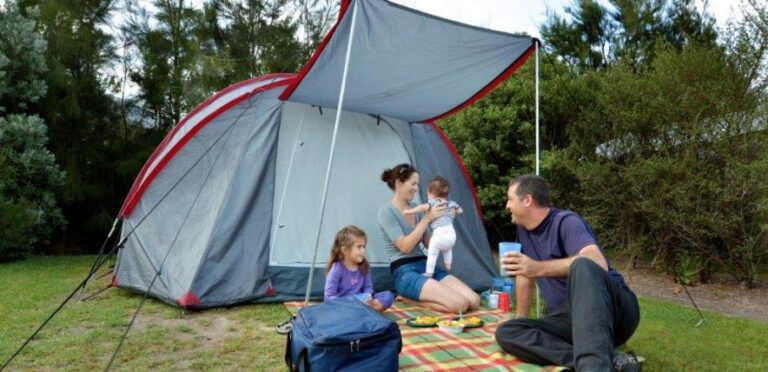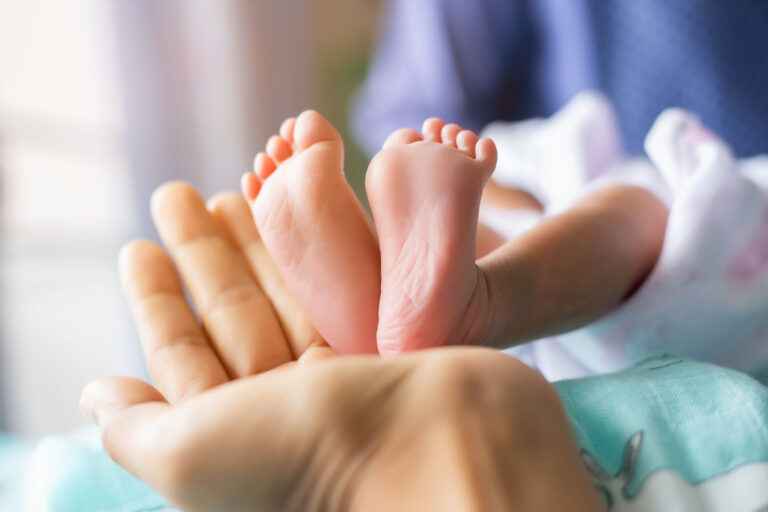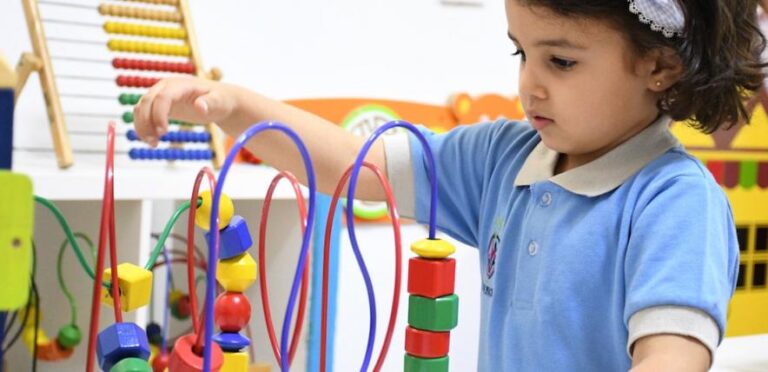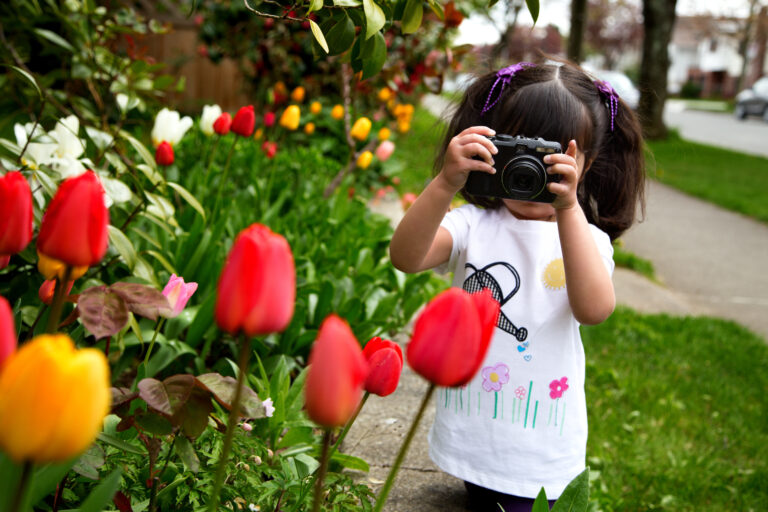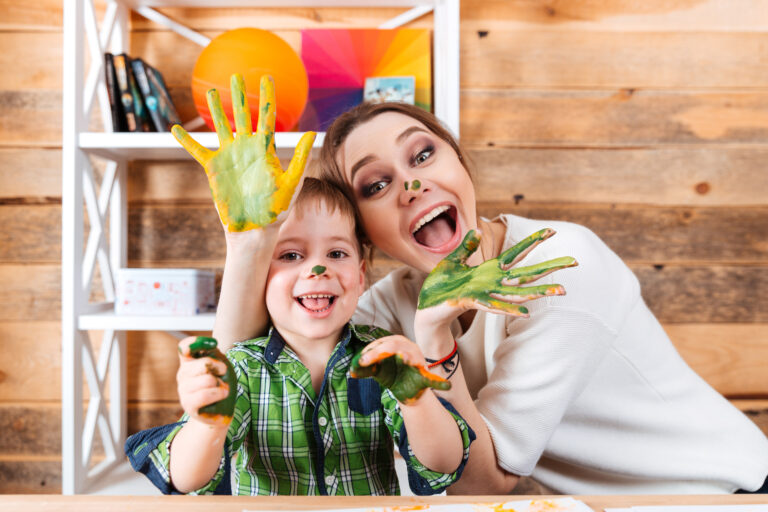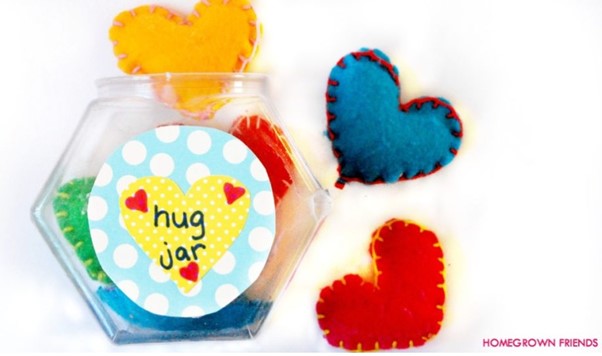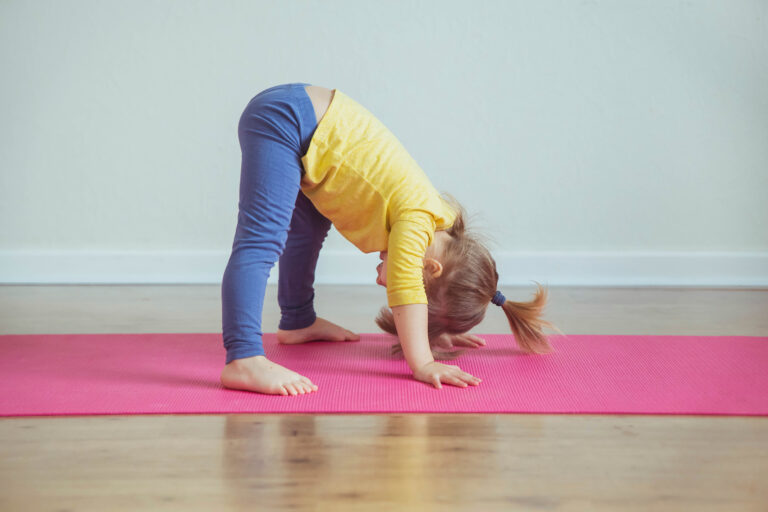While it may not be sunny Spain or gorgeous Greece, if done right, a family camping holiday in the UK can make some truly magical memories.
Young children love the novelty of sleeping under canvas, waking up to find themselves in the countryside, and the excitement of eating – and living – outdoors.
It’s also a fantastic way for families to spend time together, away from the stresses of everyday life and the lure of TV and smartphones.
But transferring your family life, even if it’s only briefly, from a house to a tent takes some planning.
Here are some things to bear in mind to ensure a happy time is had by all!
Food to bring for your camping trip
A happy holiday depends heavily on everyone having nice full tummies. For some families, outdoor cooking is one of the best bits, knocking up complicated casseroles and sizzling sausages as soon as the sun comes up.
Others don’t get much more adventurous than a bit of pasta and sauce or a trip to the fish and chip shop. As camping takes place in a rural setting look out for ‘pick your own’ sites for really fresh, healthy fruit and veg. And don’t forget the ketchup!
If the smell of frying bacon in the morning is one of the things that makes a camping trip special for you, then you need to plan ahead, either packing plenty of food and ice packs to keep it all cool while you travel, ensuring there are good refrigeration facilities at your campsite, or finding out how well stocked the campsite shop is at your destination.
In the hot weather, you could freeze your meat and veg and bring it frozen to the campsite in cool boxes packed with ice. It should stay cold and fresh for a day or two.
Choosing to opt out of cooking entirely also takes planning, as you need to ensure there’s a pub or fish and chip shop nearby, or that you have enough sandwich fillings to last the holiday! Whichever option you go for, you will need lots of healthy snacks; being outdoors all the time makes children VERY hungry.
Some campsites allow you to get food delivered so check beforehand to see if you could do an online shop and get food delivered to the site to save you packing it all in your car.
And don’t forget plenty of snacks and water. Take a large water container to fill up on arrival, and lots of empty water bottles to fill up to keep little ones hydrated.
Choosing a good camping pitch
You don’t always get an enormous choice, but it’s a good idea to go for a patch that’s not too sloping – or if it is, make sure your heads are at the top of the slope for sleeping purposes – and not too bumpy. A location close to loos and showers is also a good idea. Some campsites have pitches with electrical hook up, a good idea if you are a high-tech camper who likes to bring along a kettle!
If the weather is still hot, look for a shady spot.
The best way for a campfire
There is something magical about sitting around a campfire with young children, roasting marshmallows. It’s great, if you’re camping with other families, for the adults to be able to sit around the fire after the children have been tucked up in the tents; otherwise it may a 9pm bedtime for everyone!
Many family campsites don’t allow fires, so if it appeals to you, it’s worth checking with the camp site before you book.
Most provide metal fire pits so that the fire is within safe confines and doesn’t damage the ground, and have kindling and firewood to purchase on site. Remember to bring plenty of marshmallows and a pack of wooden skewers – although a hunt for the perfect roasting sticks is a good pre-bonfire activity for children to get involved with!
Don’t expect much sleep
Just as important as full tummies is plenty of sleep for everyone, adults and children alike. But bear in mind that the sun doesn’t set until late in summer, and young children may find it difficult to settle while it’s light. A later-than-usual bedtime while camping is often one of the things that children particularly relish. The sun does rise early in summer too, making tents hot and bright – in short: everyone will be tired. There’s just no getting around it. Your child can sleep all the way home in the car, which is unfortunately not an option for the driver!
Keeping warm in your tent
No matter how sunny it is during the day, it can still get chilly at night. Shove as many blankets into the car as you can and keep one for each person at the foot of their sleeping bag, so you can pile on extra layers in the night if your little one wakes up shivering. Modern tents have lots of sleeping compartments, but with little children it’s worth considering sleeping with everyone piled in together to share warmth, and so that adults can add blankets or slide children back into sleeping bags in the night.
Top tips for camping
Although the current warm weather is exciting, we are still in England and therefore things can still be unpredictable. You’ve heard the saying ‘there’s no such thing as bad weather, only the wrong clothes’. Well it very much applies to camping. It’s hard to get things dry in a tent, so take a portable washing line to take advantage when the sun shines, or a plastic drying rail to hang things under canvas. Make sure you pack lots of layers – it can get chilly as soon as the sun sets – and plenty of waterproofs.
Even if it is wet, shorts are still the best option – with wellies – as trousers get wet trailing in the grass and wellies protect against Ticks too.
If it’s sunny, remember that you’ll be outdoors a lot more often than usual, so pack plenty of hats and sunscreen. Consider bringing large umbrellas or a lightweight portable gazebo, if you have room, to provide shade.
A first aid kit for the inevitable cuts and bumps is a must!
Packing checklist for family camping trips
This list isn’t exhaustive but some of the main essentials:
Sleeping and night-time
Tent, pegs and mallet
Sleeping bags with roll mats, air beds or camp beds. Don’t forget a pump for your air bed.
Blankets and pillows
Camping lanterns
Battery-operated fairy lights
Head torch and spare batteries/Little torches for the children
Flashing/LED toys for night time
Books for bedtime stories
Sitting
Camping chairs
Gazebo for shade or rain (if you have one and have the room to bring it)
Plastic-bottomed picnic blankets
Bluetooth speaker for music (if the campsite allows music)
Firepit and logs (if campsite allows them – if they are then you may be able to buy wood at the campsite shop if there is one)
Toiletries
Toilet roll
Hand sanitiser
Insect repellent
Bite/sting cream
Antiseptic cream such as Savlon
Plasters
Suncream
Toothpaste and toothbrushes
Activities
Ball games
Card games
Colouring
Rounders/cricket set
Swimming clothes
Eating
Re-useable plastic plates, cups and cutlery – try to avoid single-use plastic
Camping stove and spare gas canisters
Kettle, pans and utensils
Tin opener
Washing up bowl, liquid and brush
Clips for clipping up opened bags of food – you don’t want to get overrun with creepy crawlies!
Bin bags for clearing up
Water bottles
Cooler bags
Food and snacks!
Washing
String or clothes line for drying wet clothes, swimwear etc
Bar of soap
Travel towels
Flip flops or plastic shoes for the shower block if there is one
Misc.
Hats
Plastic bags for wet clothes
Solar-powered charger for a mobile phone
Face masks for trips to the shops or pub
First published June 2017.
Updated in July 2021.
Where next?
Keeping children safe in the sun
If you go down to the woods today

